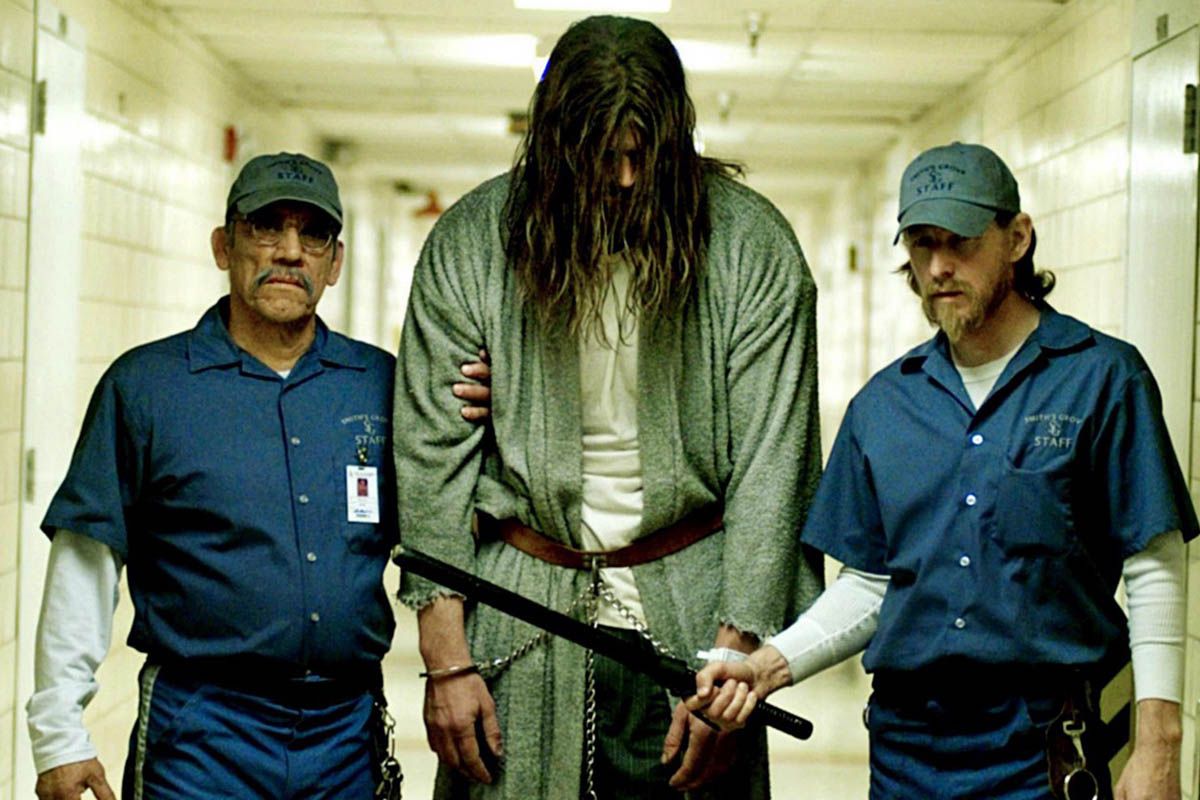The resurgence of Michael Myers in contemporary cinema, particularly through the visionary lens of Rob Zombie, has rekindled fervent discussions about horror’s most notorious figure. With his distinct interpretations, Zombie has transcended conventional horror tropes, breathing new life into a character that is both iconic and chilling. In exploring this revival, one can anticipate a multifaceted examination of themes, stylistic choices, and the evolution of the horror genre itself.
At its core, Zombie’s rendition of Michael Myers represents a profound juxtaposition of horror and humanity. Unlike previous iterations that often relegated Myers to a mere embodiment of pure evil, Zombie’s approach invites the audience to delve into the character’s psyche. By providing a backstory that is both tragic and compelling, he sheds light on the formative experiences that forged this formidable villain. The psychological nuances embedded in his narrative amplify the spectator’s emotional investment, transforming Myers from a mere specter of dread into a figure of empathy, albeit laden with monstrous impulses.
The visual aesthetics crafted by Zombie are a crucial aspect of his interpretative framework. His use of stark, visceral imagery combined with a gritty sensibility draws viewers into a world that is palpably unsettling. The cinematography reflects a raw, unvarnished reality, eschewing idealization for a more authentic representation of terror. This visual strategy not only enhances the tension but also serves to heighten the atmosphere of dread, leaving audiences in a state of suspense and apprehension.
The aural landscape in Zombie’s films further amplifies the horror experience. The sound design is meticulously curated, employing dissonant chords and eerie silences that reverberate through the audience. Coupled with an evocative soundtrack, these elements coalesce to create a haunting ambience, ensuring that every moment is steeped in an overwhelming sense of foreboding. This meticulous attention to audio-visual harmony cultivates an immersive experience that lingers long after the credits roll.
Moreover, the thematic undercurrents present in Zombie’s interpretation warrant exploration. Issues of familial dysfunction, societal alienation, and the nature of evil itself are woven intricately throughout the narrative fabric. These themes resonate deeply, prompting viewers to reflect on their own realities, and positioning Zombie’s work within a broader socio-cultural discourse. The effects of these deteriorating familial bonds are poignantly articulated, revealing the shadows cast by neglect and trauma.
In conclusion, Rob Zombie’s resurrection of Michael Myers heralds a paradigm shift in horror storytelling. With his innovative approach, he invites audiences to confront not just the phantasmagoric, but also the deeply human fears that shape our understanding of monstrosity. This reimagining is not merely a retelling but an invitation to engage with the complexities of fear and identity, making Michael Myers not just a monster, but a harbinger of our innermost anxieties.
